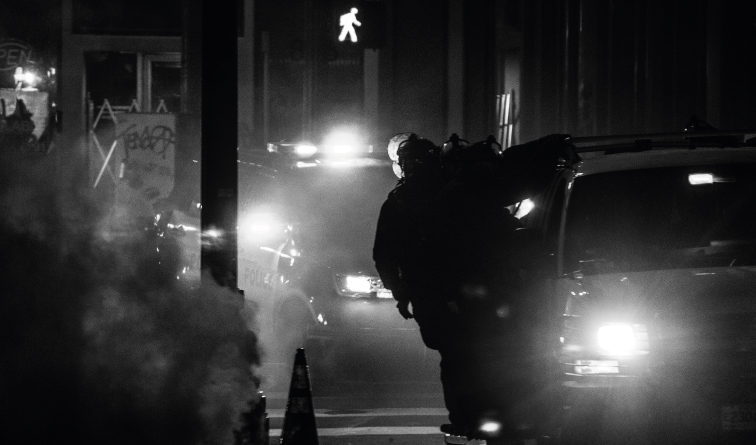Constitutionalism and Police Brutality in the Fight against Corona Virus in Kenya

Introduction
Kenya’s 2010 constitutional moment was a turning point in the national police reform agenda.1 The people expressed their demands for a police that respects human rights and can be held
accountable. Reflecting this, the Constitution provides that the functions of the National Police Service (NPS) should comply with the constitutional standards of rule of law, human rights
and fundamental freedoms. Furthermore, the Independent Policing and Oversight Authority (IPOA) was established in 2012 to ensure external oversight and accountability of police
officers. However, these reforms have had limited impact. Police brutality prevails despite constitutional values and institutional changes and police killings, as result of excessive use of
force, continue to be reported.
In recent months, the enforcement of the curfew order issued by the Kenyan government amidst the COVID-19 pandemic, has brought police brutality and violation of constitutional rights to the forefront. In March, police officers killed at least twelve people while enforcing the curfew, a death toll higher than the one reported COVID-19 death that occurred in that month. Many were also injured.6 There has been a disregard for rights that may not be limited such as



